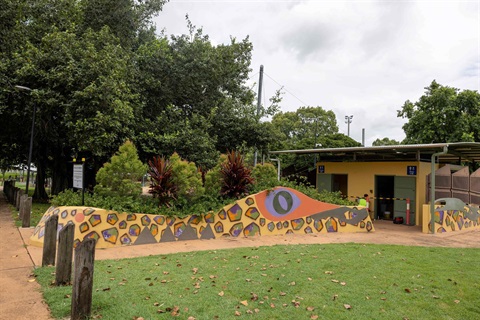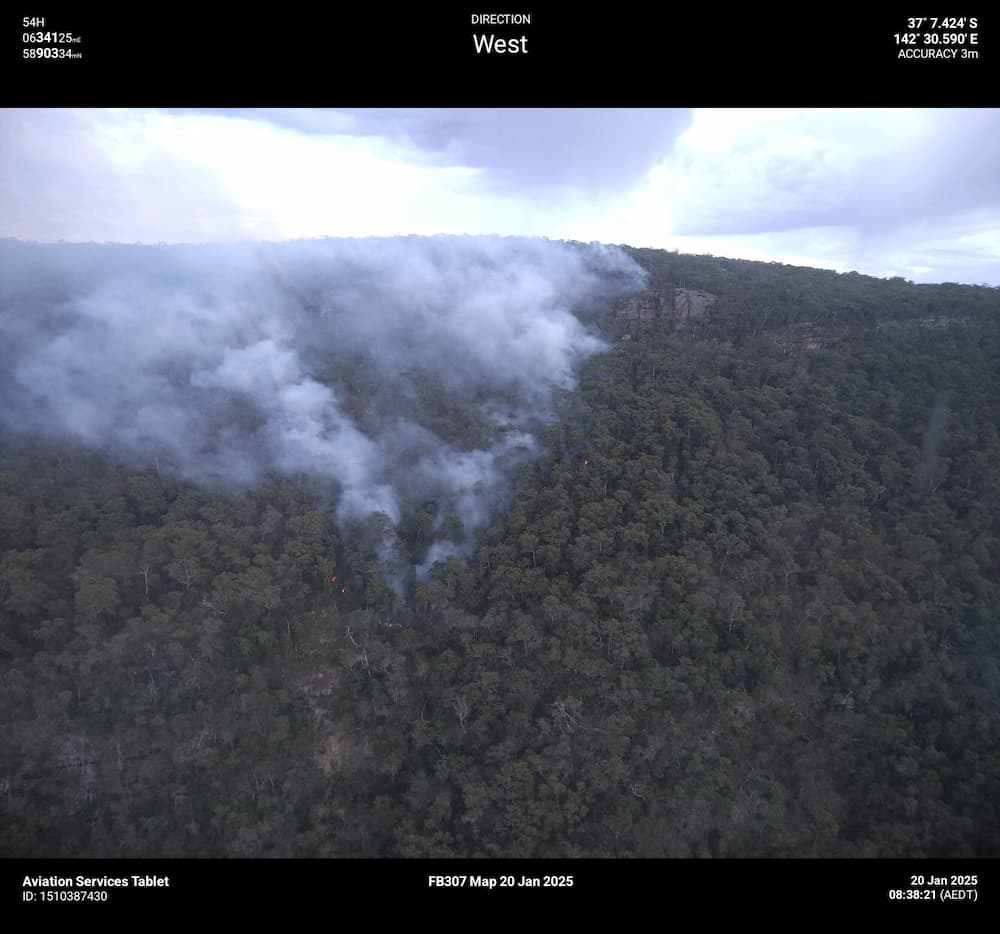In a recent study published in Nature Communications, scientists at the Department of Microbiology, Tumor and Cell Biology at Karolinska Institutet, in collaboration with Michigan State University, have introduced an innovative approach to improve plasma proteome profiling. The researchers have developed a novel method to enable the detection of low-abundance proteins in plasma.

Photo: N/A
Plasma is a rich source of biomarkers, which are crucial for monitoring health and disease. However, the discovery of new biomarkers has slowed down due to the difficulty in detecting low-abundance proteins. High-abundance proteins like albumin dominate the mass spectra, making it challenging to identify potential biomarkers present in smaller quantities. Existing methods to remove these high-abundance proteins are often costly and labor-intensive, limiting their use in large-scale studies.
In a recent study, scientists have introduced an innovative approach to improve plasma proteome profiling. This method leverages a natural small molecule, phosphatidylcholine, to deplete high-abundance proteins such as albumin, serotransferrin, and haptoglobin from plasma samples. By combining phosphatidylcholine with a single nanoparticle, the researchers were able to quantify approximately 1,450 proteins in a single plasma sample.
“Our patented technology combining phosphatidylcholine with a single nanoparticle significantly boosts the depth of plasma proteome profiling. This allows us to study proteins with lower abundance, paving the way for the discovery of novel biomarkers”, says , one of the lead authors and Assistant professor at the Department of Microbiology, Tumor and Cell Biology at Karolinska Institutet.
Early detection of diseases such as cancer and neurodegenerative disorders is crucial for effective prevention and treatment. The new method developed by the researchers could lead to significant advancements in identifying biomarkers for these conditions.
“This feature will allow us to study proteins with lower abundance for the discovery of novel biomarkers against an array of diseases, especially different types of cancer and neurodegenerative diseases”, says Amir Ata Saei.
Collaboration
The study was a collaborative effort between Amir Ata Saei at the Department of Microbiology, Tumor and Cell Biology at Karolinska Institutet and Dr. Morteza Mahmoudi’s group at Michigan State University.
Publication
, Ali Akbar Ashkarran , Hassan Gharibi , Seyed Amirhossein Sadeghi , Seyed Majed Modaresi , Qianyi Wang , Teng-Jui Lin , Ghafar Yerima , Ali Tamadon , Maryam Sayadi , Maryam Jafari , Zijin Lin , Danilo Ritz , David Kakhniashvili , Avirup Guha , Mohammad R K Mofrad , Liangliang Sun , Markita P Landry , Amir Ata Saei , Morteza Mahmoudi, Nature Communications, online
7 november 2024, doi; 10.1038/s41467-024-53966-z







